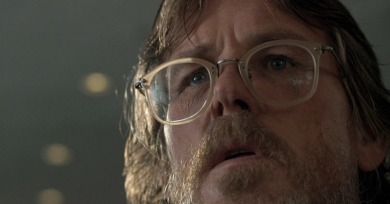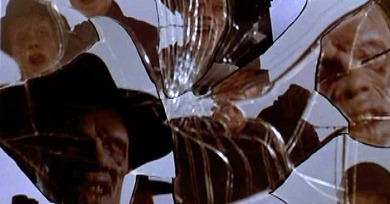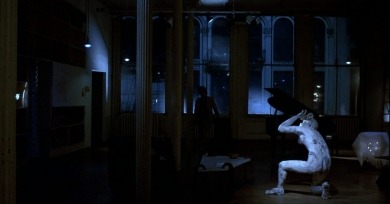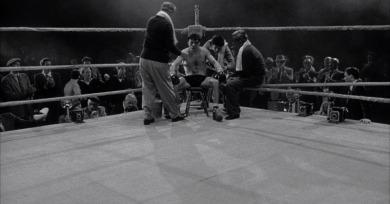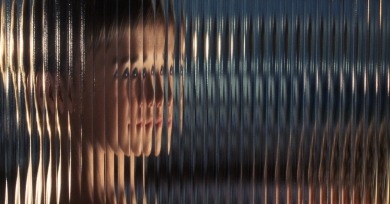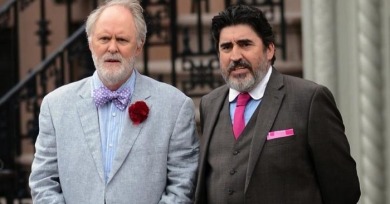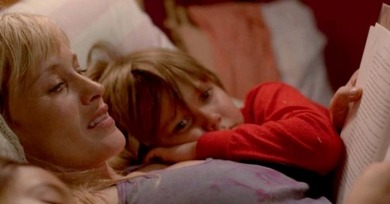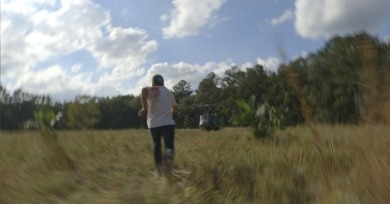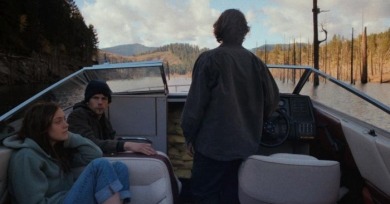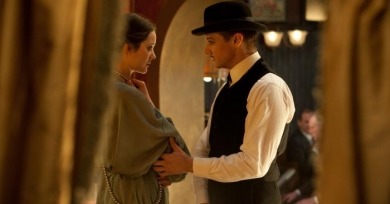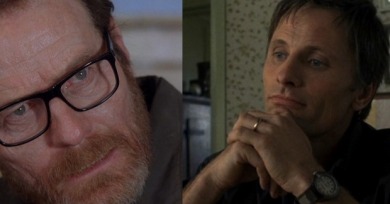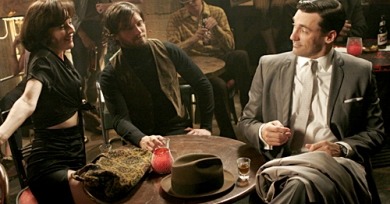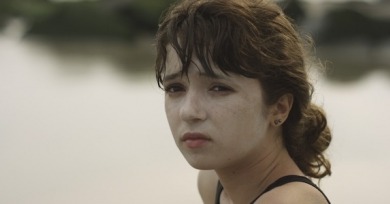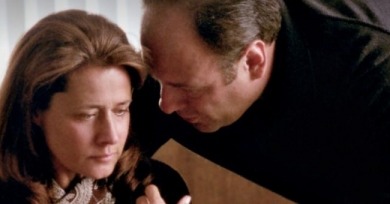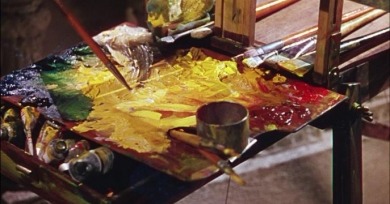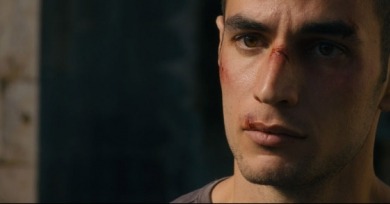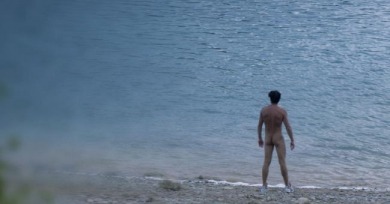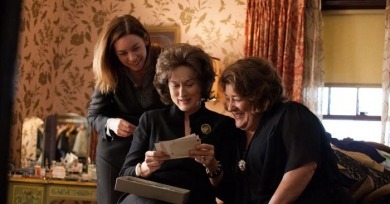Michael Koresky
Iñárritu orchestrates a story of pervasive cultural desperation, which, though it takes the ever more commercializing Broadway milieu as its subject, is clearly meant to speak to the state of contemporary cinema and the culture around it.
The many raging bulls of Scorsese’s career tend to be overgrown, mewling children, from multiple De Niros to Pesci’s trigger-happy Tommy DeVito and Nicky Santoro—art-world star Dobie, although a more articulate, sellable buck, fits right in with these men, banging at the bars on their cribs.
As with all of Amazing Stories’ other directors-for-hire, he did not have final cut. And though he enlisted his own screenwriter, After Hours’ Joseph Minion, to work on the teleplay, the episode, as with the majority of Amazing Stories installments, was based on an original story by Spielberg.
Even its unabashed absurdity cannot help mask the core rot of this project, the kind of nasty business that flatters its audience for being complicit in it.
The more he tries to move forward, the less progress he makes; likewise, the more the viewer tries to make sense of this nightmarish world of uncanny repetition, the less clarity one gets.
Raging Bull has the oddest grandness. Of all those agreed-upon Great American Movies, Martin Scorsese’s sort-of-biopic about fighter Jake LaMotta is surely among the most conceptually strange and discomfiting to experience.
All these years later we’re still thinking about A.I. and how the film manages to engender so much human empathy while remaining an essentially cold, remote work largely told from the point of view of robots.
It’s a story not of large, draconian measures that stifle human joy, but of the small, incremental decisions that lead to heartbreak, and which can make our everyday lives seem downright dystopic.
It’s a film that comes into being in deliberately awkward fashion; Boyhood’s incrementally finding out what it is, trying to create a philosophy and identity for itself—not unlike the process of growing up.
Once we discover the crux of the film—what the central threat of Eden Parish is—it’s revealed that West has traded his refreshing classicism for the tastelessness and slapdash technique that defines our contemporary horror moment.
Whatever conversations about environmental activism, radical politics, or even the desperate state of contemporary agriculture are ambiguously raised in the first half of the film end up as prelude to the second’s increasingly standard “crime doesn’t pay” thriller elements.
James Gray’s boldly titled The Immigrant begins with a shot of Lady Liberty herself, apt for a film about a woman seeking emotional freedom in exile.
As consumers of television and unwavering lovers of the art of cinema, we asked our writers to put the notion that “television is the new cinema” to the test.
The airless, studied, nearly David Lynchian removal that seemed to typify the first season was also what made it uncannily fascinating. Though the show evolved, these negative feelings lingered. There is no sense of illusion in Weiner’s show, but rather a feeling of toxic plasticity.
It Felt Like Love could have been another lock-up-your-daughters cautionary tale à la Thirteen, but is instead remarkably nonjudgmental.
The Sopranos is always thinking of us viewers and our relationships to its characters. Constantly implicit is the question: why do we care about Tony Soprano? And more provocatively, why do we want to see this man better himself?
With Vincente Minnelli, the idea of cinema as painting is not merely a description but a totalizing force and a thematic preoccupation.
It’s not beside the point to talk about Omar’s movie-star looks (or his fashionable and great-fitting jeans), because it’s the first indication of the smoothness and conventional aesthetics of this well-structured, compelling thriller.
The political weight of representation inevitably bears down on the viewer of Alain Guiraudie’s Stranger by the Lake, an explicit film about amorphous desire that unapologetically combines menace and eroticism, and daringly—and most alienatingly for those who want to be told what to think at the movies—it has no agenda at all.
Without the dynamism of the staging, Letts’s play comes across as merely depressing, even taking into account the excitement with which Streep draws out her syllables. It’s a film in which family is malignant and the only pure loving couple is, ironically, an incestuous one.

